
Exciting new series on “Voice, Body and Movement for Lawyers – How to connect with the jury and find Justice Through Dramatic Technique!”
Click here to find out more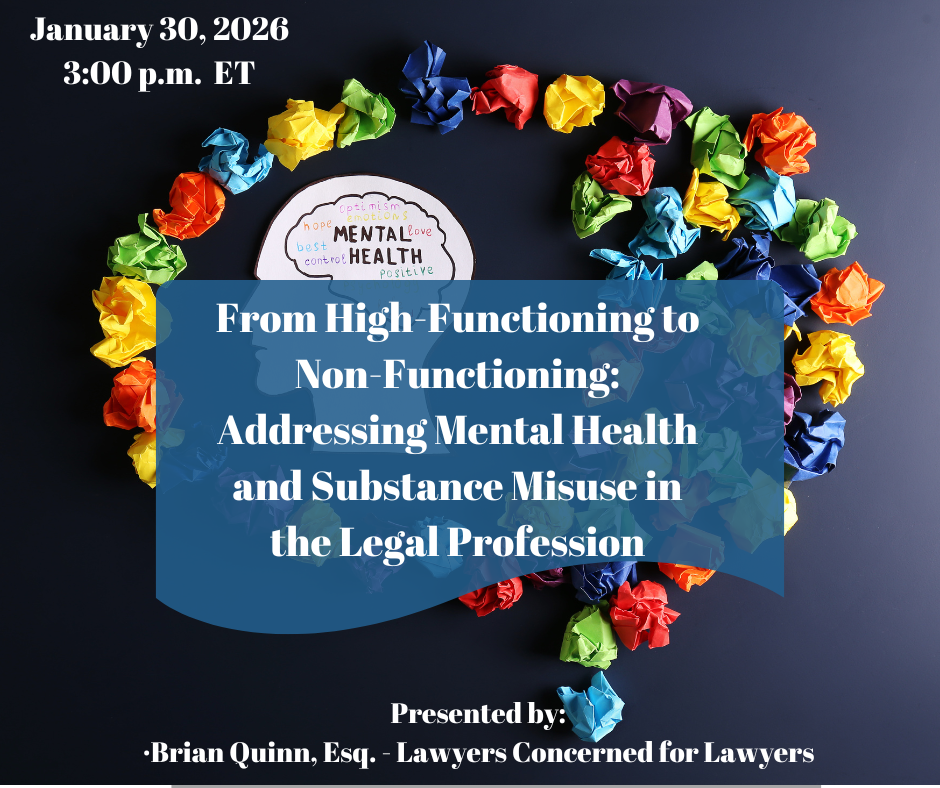
“Maybe I drink more than I should, but it isn’t affecting my life-I’m ‘High-Functioning.”
“I’m fine. I just have a lot on my mind, but it’s nothing I can’t handle on my own.”
Sound familiar? Maybe you have heard someone express an idea similar to the ones above. Whether the cause is substances, mental health disorders, trauma, or any other stress-related event, many people will put off getting help if they are not experiencing dire consequences in their personal and professional lives.
While the term “High-Functioning” isn’t an official medical term or diagnosis, most of us are familiar with what it implies. The continuing ability to perform at a high level can be a barrier to seeking treatment for mental health and substance use disorders. The legal profession is not immune, and in fact may be particularly susceptible to these cycles.
Recent studies have shown that there has been a dramatic increase in impairment due to alcoholism, addiction and mental health disorders among members of the legal profession. The statistics are compelling and clearly indicate that 1 out of 3 attorneys will likely have a need for substance use or mental health services at some point in their careers.
This program will explore:
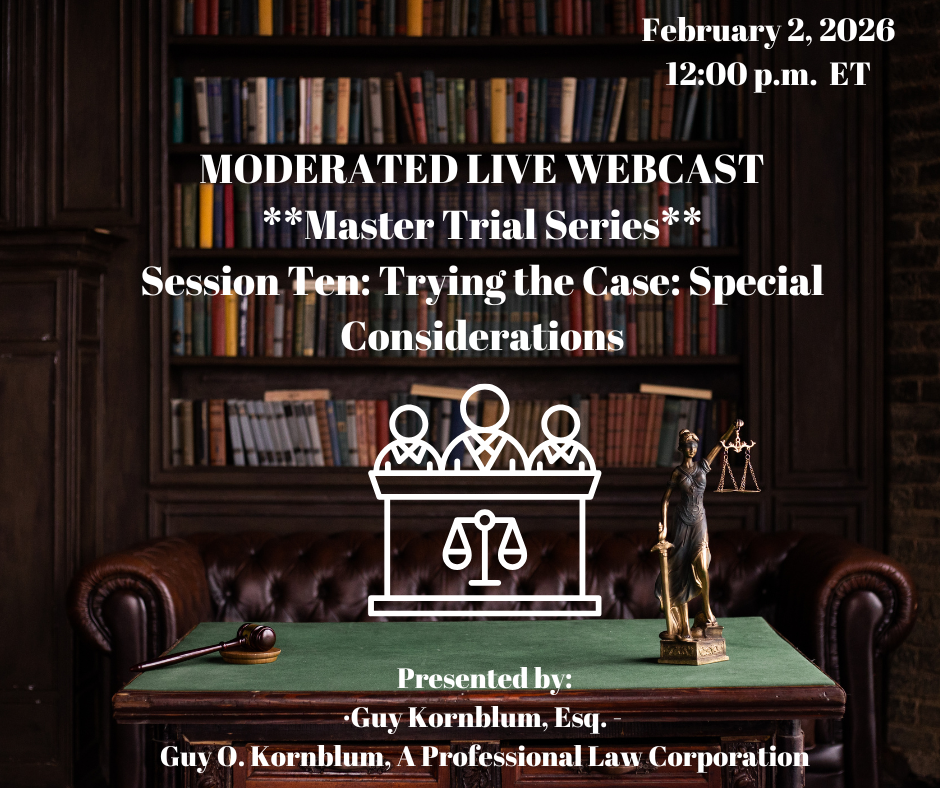
MODERATED-Session 10 of 10 - Mr. Kornblum, a highly experienced trial and litigation lawyer for over...
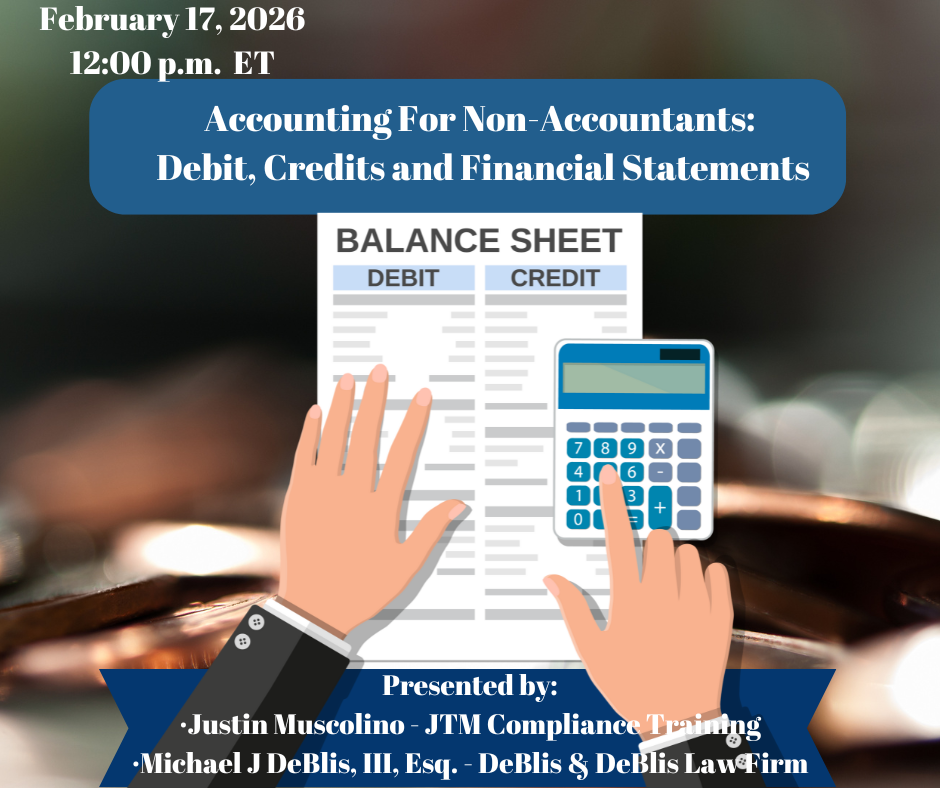
Designed for attorneys without formal accounting training, this course provides a clear, practical f...
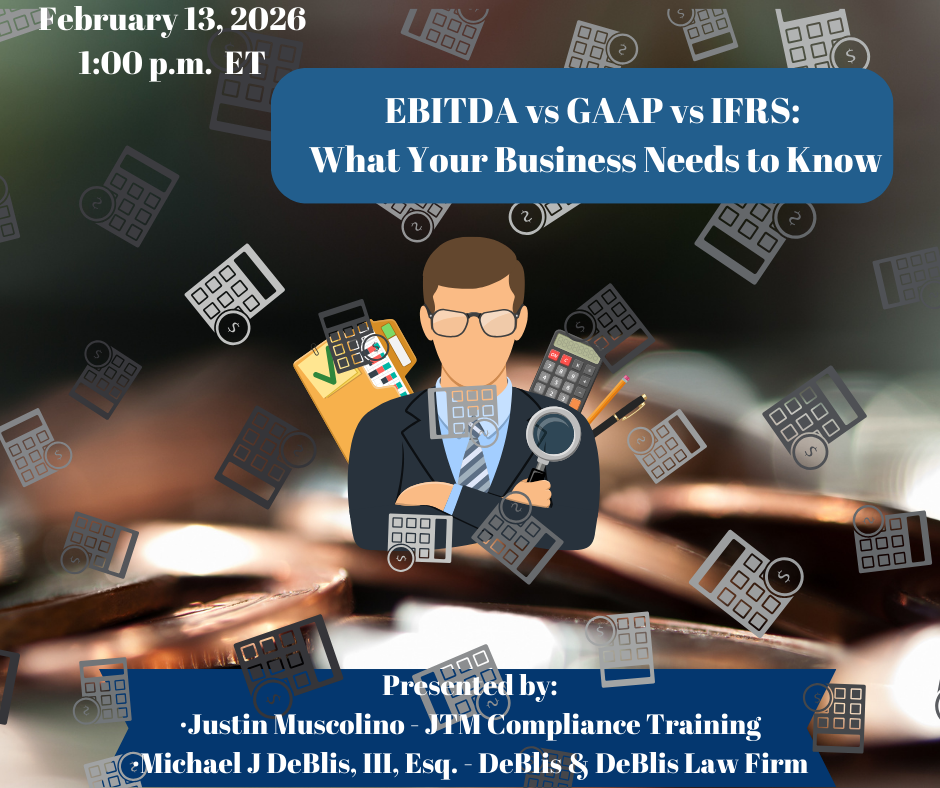
Tailored for attorneys, this training demystifies EBITDA and contrasts it with GAAP- and IFRS-based ...
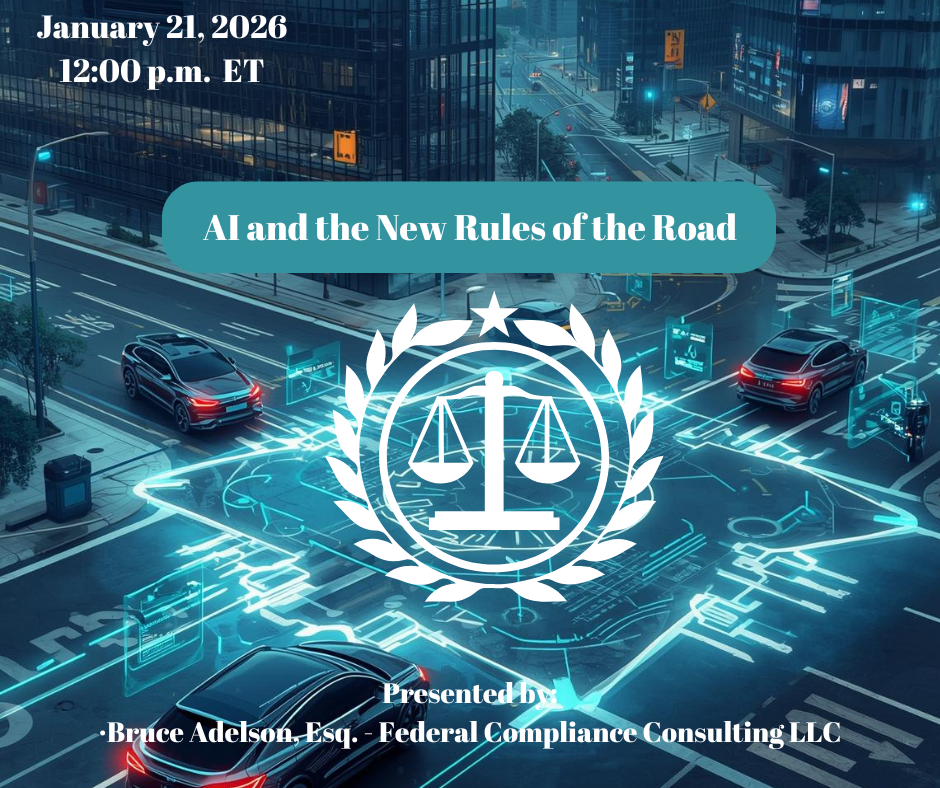
AI tops the news seemingly every day. The technology is growing in use and application as lawyers, c...
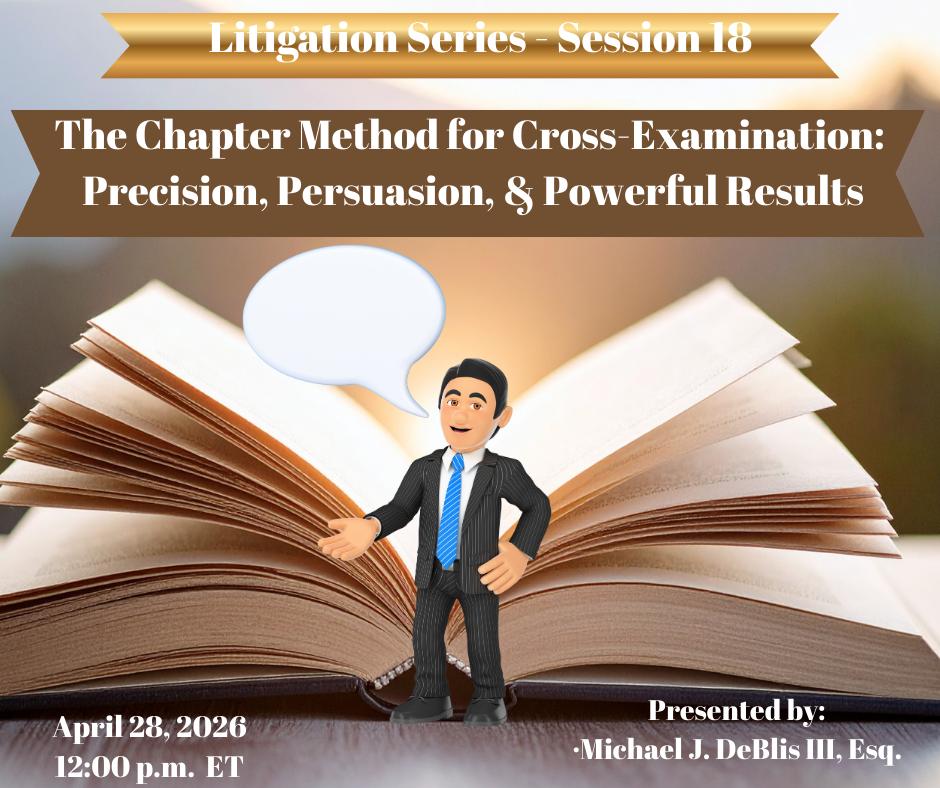
The “Chaptering Your Cross” program explains how dividing a cross?examination into clear...
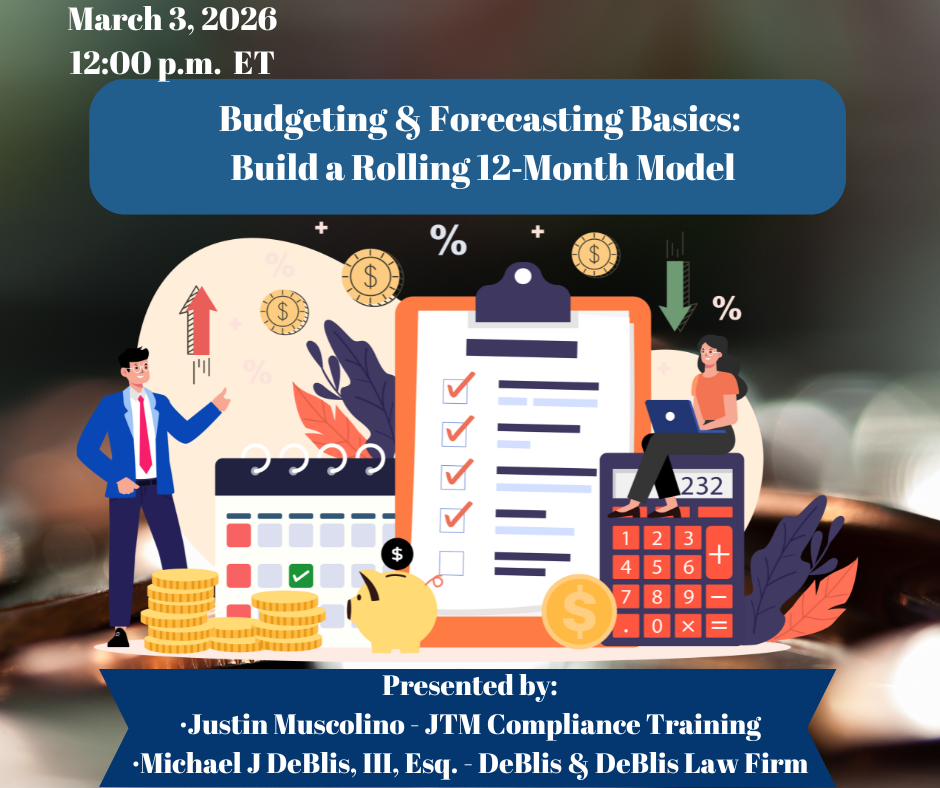
This CLE session introduces attorneys to budgeting and forecasting concepts used in corporate planni...
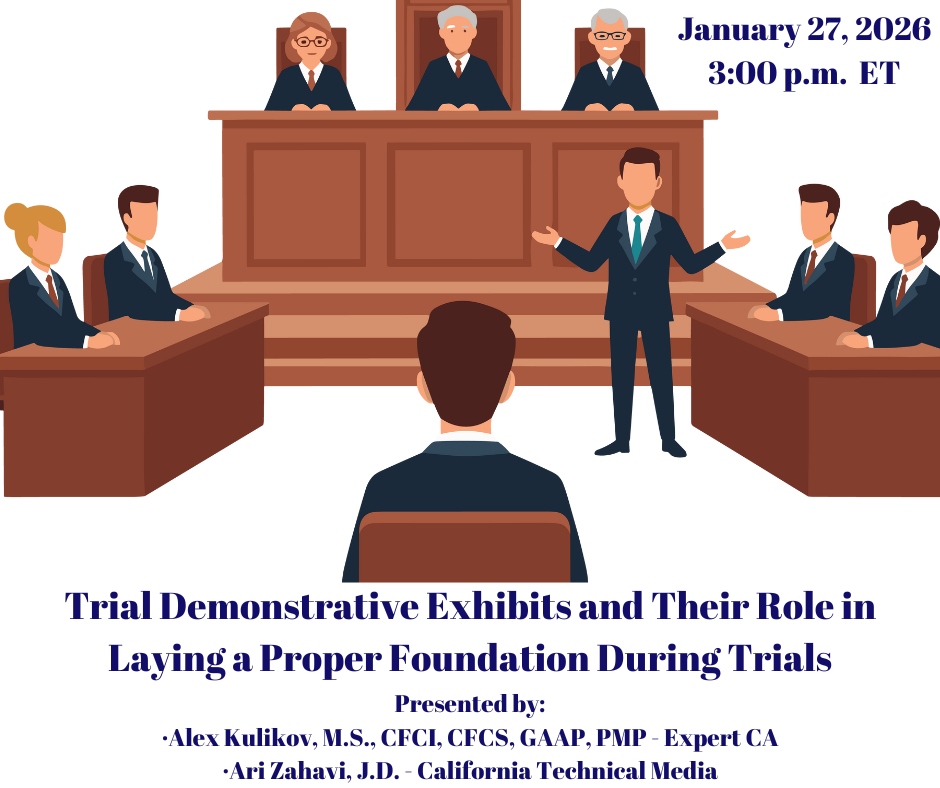
A litigator’s role is to shape how key decision-makers - judges, jurors, and opposing counsel ...
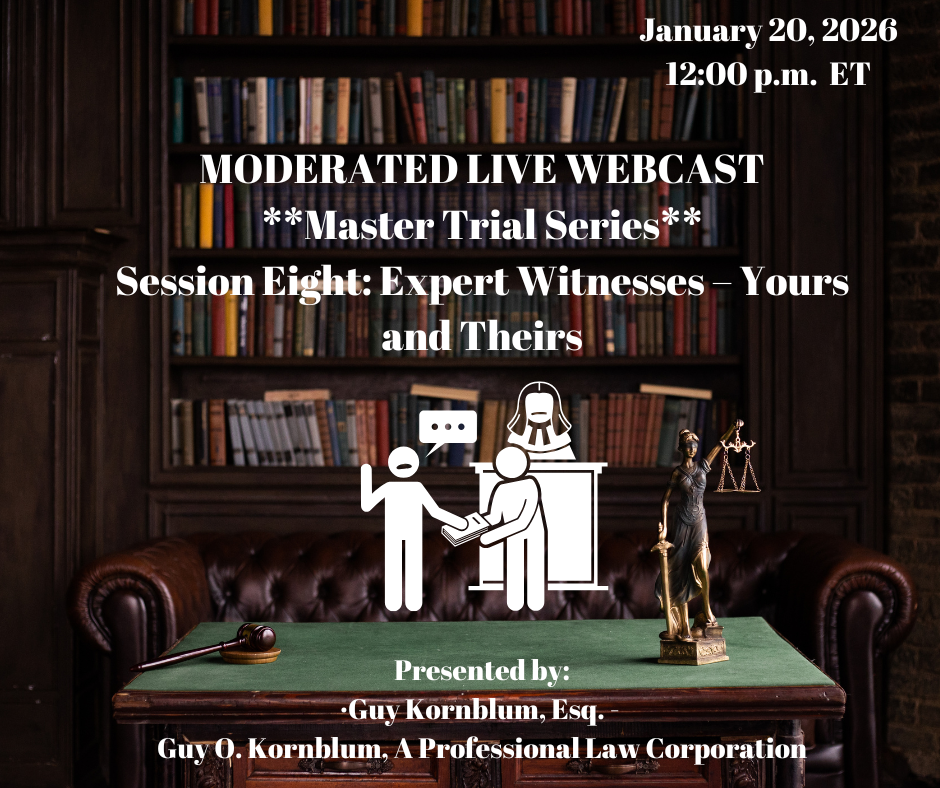
MODERATED-Session 8 of 10 -Mr. Kornblum, a highly experienced trial and litigation lawyer for over 5...
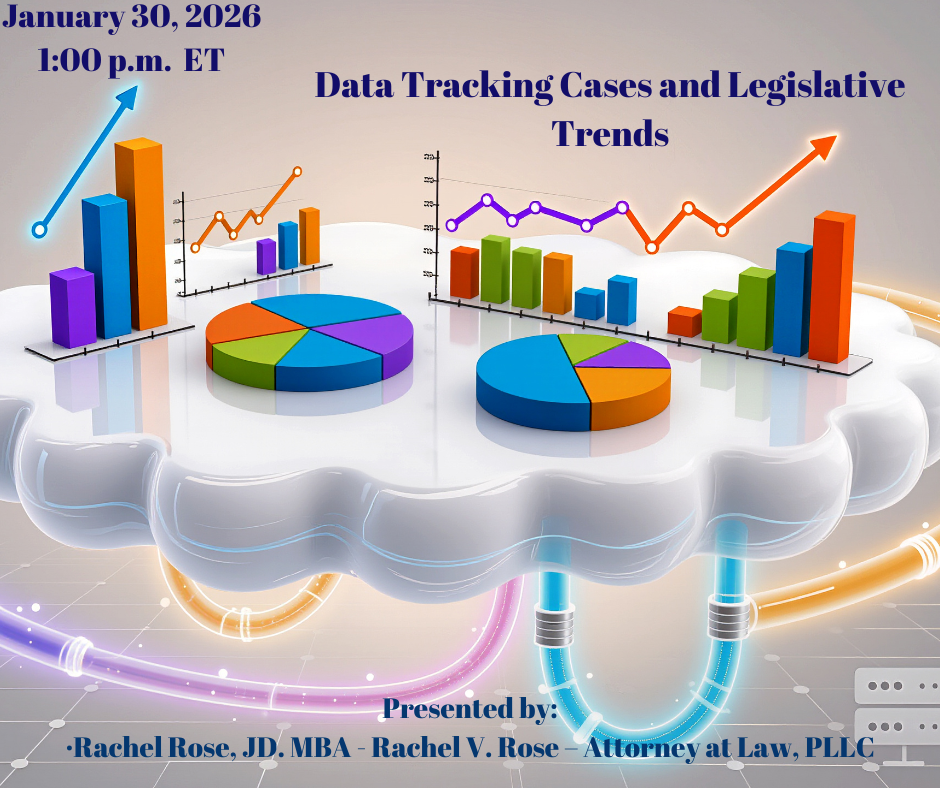
Tracking and using consumer’s data without consent is a high stakes game. From class actions t...
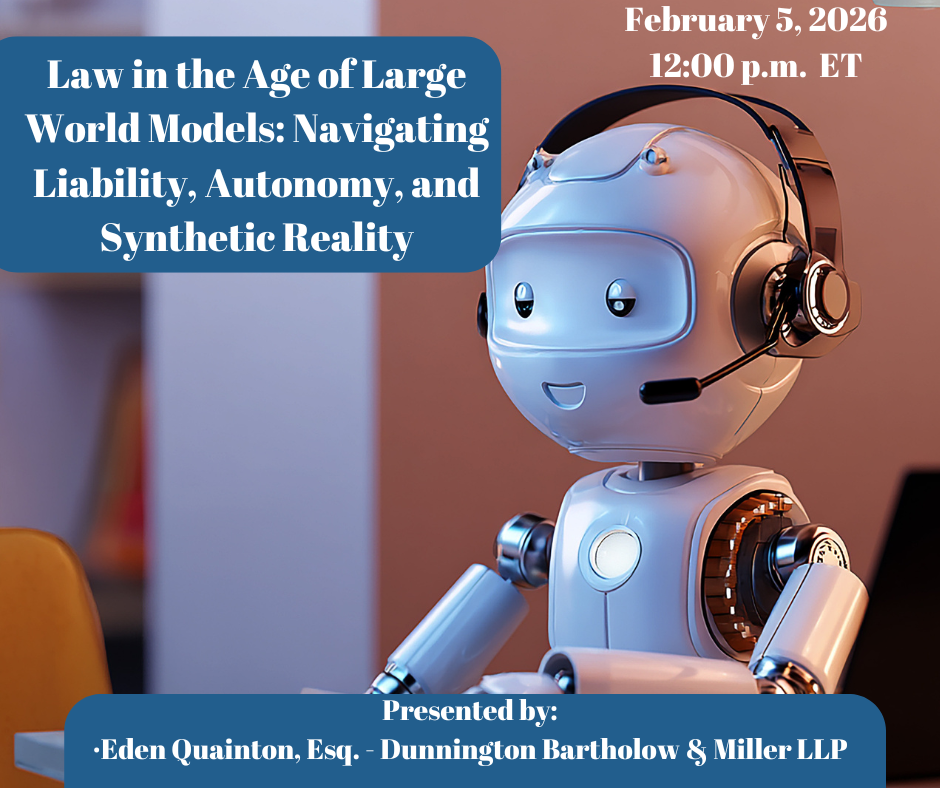
Large World Models (LWMs)— the next generation of AI systems capable of generating...